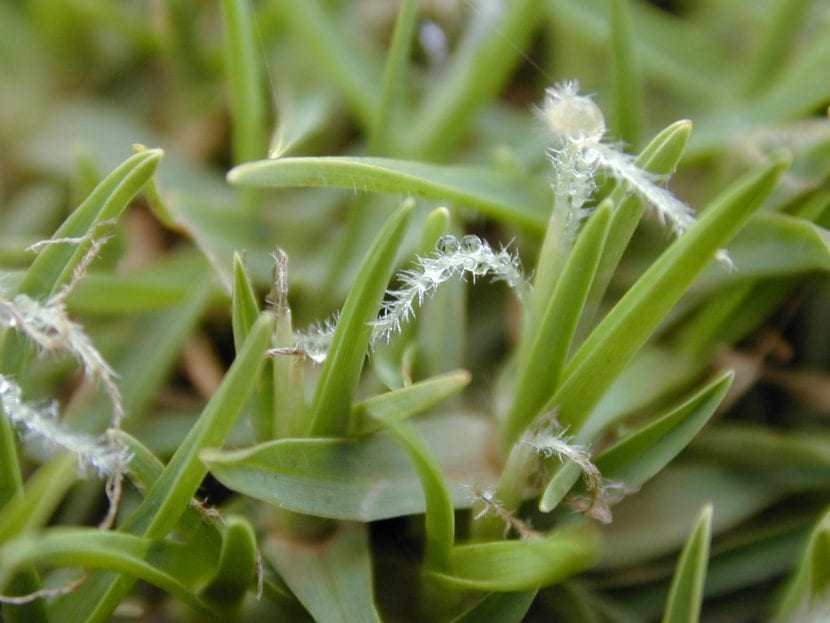Pennisetum clandestinum seed
Pennisetum clandestinum, commonly known as Kikuyu grass, is a fast-growing, perennial grass species native to the highland regions of East Africa. Due to its vigorous growth, durability, and adaptability, it has become widely naturalized in many parts of the world, including Australia, South America, and parts of Asia and the United States. Kikuyu grass is especially valued in agriculture, landscaping, and soil conservation.
Botanical Description
-
Scientific Name: Pennisetum clandestinum
-
Common Name: Kikuyu grass
-
Family: Poaceae
-
Growth Habit: Perennial, stoloniferous and rhizomatous grass
-
Leaf Characteristics: Bright green, fine to medium-textured leaves
-
Height: Typically 15–30 cm (6–12 inches), but can grow taller if unmanaged
-
Flowering: Often inconspicuous; the species name “clandestinum” refers to its “hidden” flowers
Kikuyu grass spreads quickly via creeping stolons and underground rhizomes, forming a dense, carpet-like mat that crowds out weeds and protects topsoil.
Environmental Adaptability
Kikuyu thrives in warm, temperate to subtropical climates and prefers well-drained, fertile soils, although it can tolerate a range of conditions. It grows best in full sun and is relatively drought-resistant, though it responds well to rainfall or irrigation. However, it does not perform well in cold climates or shaded areas.
Primary Uses
-
Pasture and Forage:
-
Kikuyu grass is a high-yielding forage crop widely used for grazing cattle, sheep, and horses.
-
It is rich in nutrients, especially when fertilized, and can support intensive grazing systems.
- Pennisetum clandestinum: Description, Uses, and Benefits
-
-
Turf and Lawns:
-
Due to its dense, green appearance and rapid recovery from wear, Kikuyu is commonly used on sports fields, golf courses, parks, and home lawns.
-
It is favored for erosion control on slopes and embankments.
-
-
Soil Stabilization and Erosion Control:
-
The extensive root system and dense coverage make it ideal for stabilizing soil, preventing erosion on hillsides, riverbanks, and roadsides.
-
-
Weed Suppression:
-
Kikuyu’s aggressive growth habit suppresses invasive or undesirable plant species by outcompeting them for sunlight and nutrients.
-
Advantages
-
Fast growth and establishment
-
Low maintenance under favorable conditions
-
Drought tolerance
-
Excellent ground cover
-
High palatability and protein content for livestock
Limitations and Management
Despite its many advantages, Kikuyu grass can become invasive if not managed properly. Its aggressive spreading ability can displace native vegetation and invade nearby gardens or crops. In some countries, it is considered an environmental weed.
To manage Kikuyu effectively:
-
Regular mowing or grazing is required to control its spread.
-
Barriers may be used to limit underground rhizome extension.
-
Fertilization and irrigation improve quality, especially in turf applications.
Conclusion
Pennisetum clandestinum (Kikuyu grass) is a highly useful plant with significant roles in agriculture, landscaping, and environmental management. While its rapid growth and resilience make it a valuable asset for pasture and turf, careful management is essential to prevent its spread into unwanted areas. With proper use, Kikuyu grass contributes to sustainable land management, livestock productivity, and landscape beautification.
Pennisetum clandestinum Cenchrus clandestinus Kikuyo

